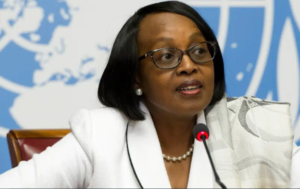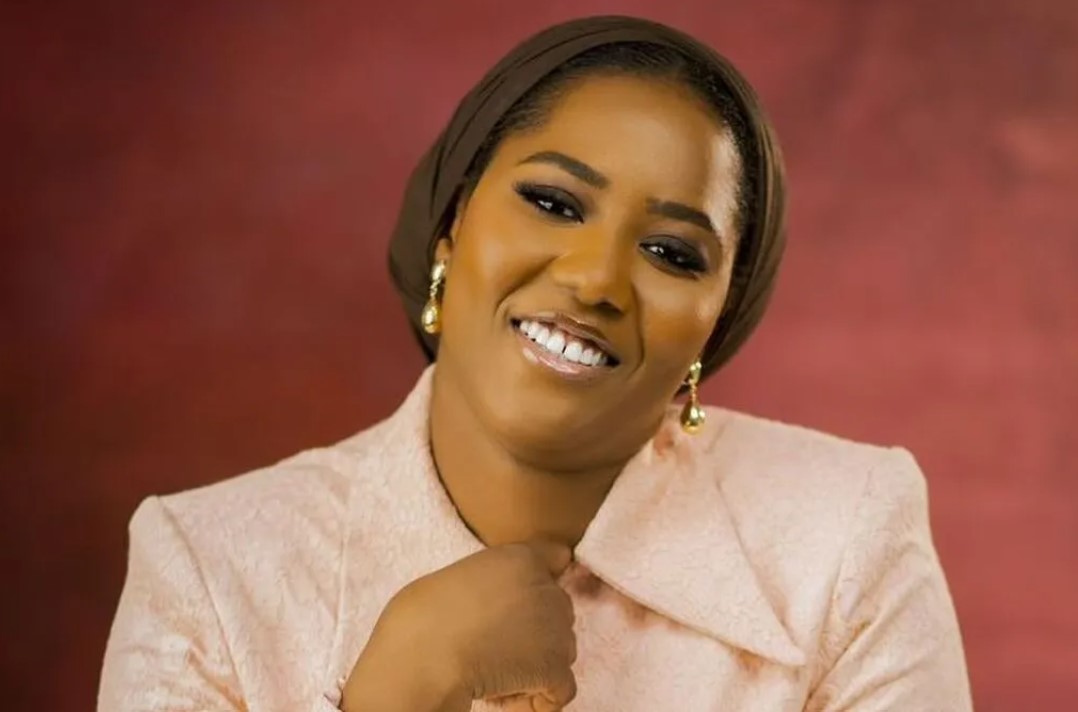WHO wants gender disparities in health sector leadership addressed
- Gender
- No Comment
- 285

he conference at which the WHO official spoke will discuss measures for achieving gender equality in health leadership.
The World Health Organisation (WHO), has stressed the urgent need for a systemic change that would address gender disparities in leadership positions within the health sector.
Matshidiso Moeti, regional director for Africa, WHO, stressed this need in an interview with the News Agency of Nigeria (NAN), on Sunday in Dar es Salaam, Tanzania.
This was on the sidelines of the WomenLift Health Global Conference 2024, currently ongoing in Tanzania.
The conference has the theme: “Reimaging Leadership: New Approaches to New Challenges”.
NAN also reports that the heme aims to highlight transformative leadership, allyship and action in advancing women’s leadership in global health.
Mr Moeti said the importance of implementing policies, programmes and human resource processes to empower women to step into leadership roles in promoting gender equity and harnessing the effectiveness of diverse leadership could not be overemphasised.
She regretted that in spite of women constituting 70 per cent of the paid health workforce, leadership roles were predominantly held by men.
She advocated for policies recognising and supporting the vital role women play in healthcare, social dynamics, and the workforce, especially in leadership positions.
Addressing gender disparities in research opportunities and leadership roles, she stressed the need to recognise and address that, with a view to fostering inclusivity and maximising talents and expertise in advancing collective goals.
She emphasised the importance of collaborative efforts and initiatives like the Mwele Malichela Mentorship Programme for Women in Neglected Tropical Diseases at WHO, to empower women and cultivate future leaders in global health.
The regional director further stressed the need for initiatives aimed at diversifying recruitment within the WHO, including the UN Volunteers Programme.
The WHO official underscored the importance of creating pathways for the progression of young professionals, particularly women within the organisation, through clear policies, supportive environments and opportunities for advancement.
She emphasised the value of celebrating the achievements of young women and promoting their visibility within the organisation to encourage their continued growth and success.
The conference aims to explore innovative approaches to promoting gender equality and women’s leadership in global health.




